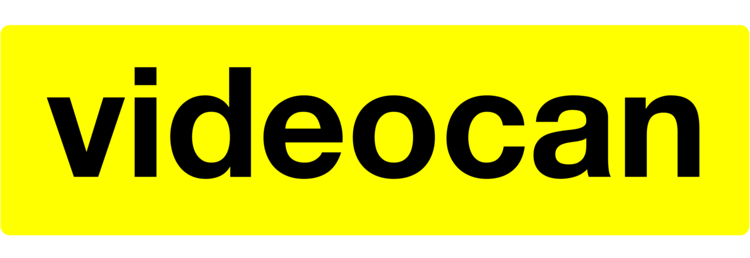why this archive exists
“An author who teaches writers nothing, teaches no one”
Walter Benjamin
videocan dreams of a world where artists across the land now known as Canada can see the works of their peers and be inspired by new ideas and new forms regardless of where they practice.
In today’s landscape of performance curation, we recognize that video plays an increasingly important role. But rather than complaining about how unfair that is, or that our dance show just doesn’t ‘feel the same’ on video, we think video can still do a lot [see what we did there?] and we have decided to embrace video documentation as one of the most powerful tools for educating artists about what is actually being made today.
Entirely artist-driven and always free to access, our mission is to gather full-length archival video of contemporary performances from across the country on a single private Vimeo account and create a catalogue that can be explored by professional artists in their studios and by art students in their classrooms.
We exist:
to preserve the history of theatre, dance, and live performance being made in so-called Canada and do so in a way that is accessible to all artists residing on these lands.
to show that video can help us increase the visibility of different bodies, different forms, and different ideas.
to help performance makers and students develop and maintain a rigorous practice and artistic dialogue, even when there simply is not enough performance happening in their region to do so.
to remind you that nobody has the time or income to see every work in their own city, let alone across the country.
to make use of video documentation that often stays hidden and ‘unused' once the works have lived their full life, despite being culturally expected of 21st century artists. (We think that is too bad—not just because these works are often funded by public dollars—and that much more learning could be had by letting others continue to revisit works.)
to foster a deeper understanding of contemporary performance being made in Canada.
to shift the prejudices against the dissemination of video and shift the contexts in which performance discourse takes place.
to encourage artists to include in their future contracts clauses that permit the use and dissemination of video documentation for educational and non-commercial contexts.
*
videocan began in the summer of 2019.
It is led by Patrick Blenkarn and Milton Lim.
STO Union
7 Important Things, 2013

